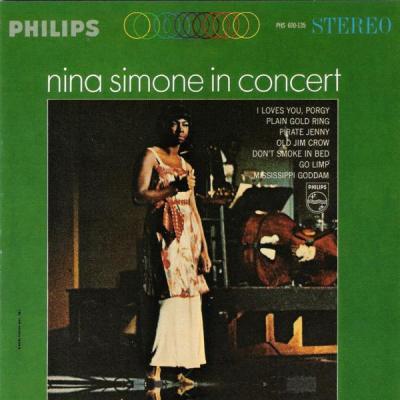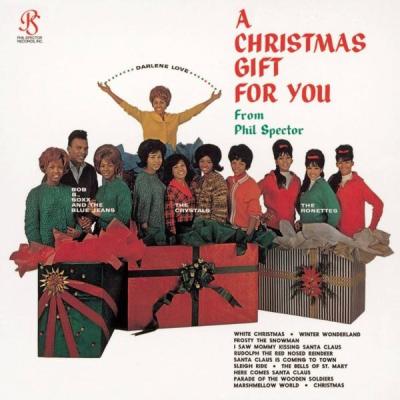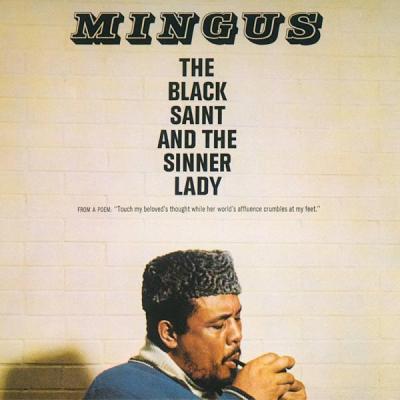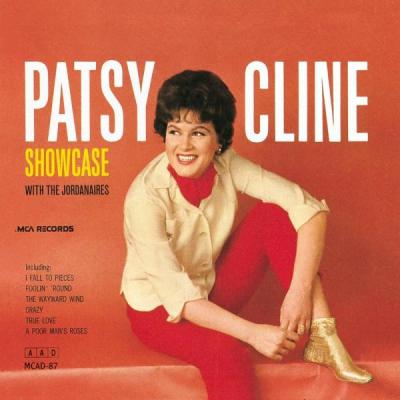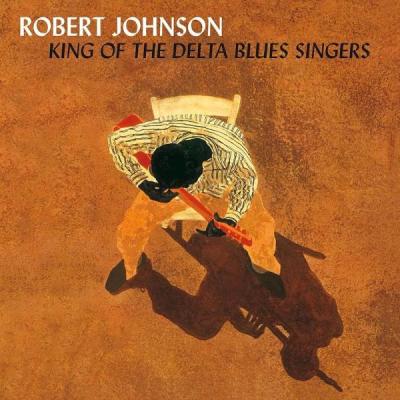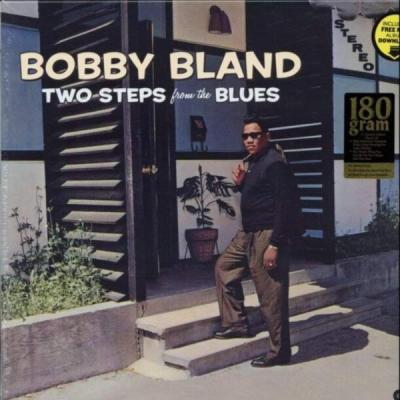

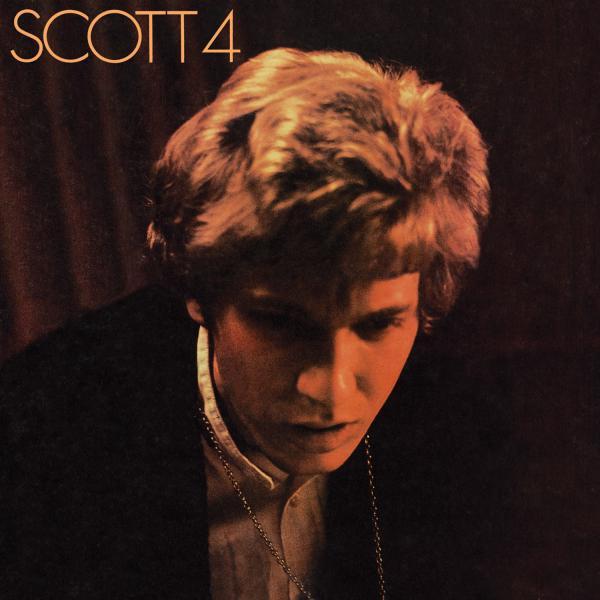
Scott Walker: Scott 4
Album #121 - November 1969
Episode date - August 8, 2018
It is so strange that Scott Walker’s best album is the same album that almost killed his career. Then again, just about everything about Scott Walker’s career is strange. With no hyperbole intended, his may be the most incredible career arc by anybody, ever. Walker was born as Noel Scott Engel and raised in America, but he was virtually unknown here. He started as a child actor and singer, performing as a pre-teen, which led to an unsuccessful attempt at singing whitewashed rockabilly and pop music. Having failed at attempts to become the next Bobby Rydell, Walker next found session work as a bass guitarist, which led to a stint as a member of a California-based instrumental act called the Routers, a band that specialized in music inspired by pep rallies. A few regional hits resulted, and he even toured as a member of The Surfaris for a while, which caused him to meet another teenaged singer named John Maus, who used the stage name John Walker as a ruse to perform in nightclubs. Engel/Walker decided to join with Maus (aka Walker) and changed his own last name in kind. By adding drummer Gary Leeds (aka Walker), the Walker Brothers came to life, and they quickly decided to follow current trends and relocate to swinging London, a move that proved to be quite fortuitous. Within a year, they became one of the UK’s hottest acts. “The Sun Ain’t Gonna Shine Anymore” became a #1 hit in the UK and even rose to #13 in America (the only chart entry by Walker, either solo or with his ‘brothers’). As the lead vocalist on their biggest hit, Scott Walker enjoyed huge success in England, and eventually he started a solo career.
Okay, so by now you’re probably thinking, “Okay that may be a little weird, but it isn’t crazy weird.” Well, hold on. Walker’s solo career featured a distinct change of style, with wildly dramatic self-penned compositions fleshed out with a healthy dose of Jacques Brel’s influence. The Brits ate it up and gave Walker three massively successful albums, all of which went unheard in the States. In 1969, his fourth solo disc was a tepid affair consisting of material more suitable for Jack Jones or Andy Williams, but even that sold well. Walker sensed that he was becoming complacent, though, so he worked hard for his next album, writing every song himself, and incorporating imaginative production ideas on some wildly creative material. Every song on Scott 4 captures a gifted vocalist performing in a style that was thoroughly unique. The arrangements were meticulous and the vocal performances superb. It was certainly his best work to date, and yet it flopped. Miserably. It didn’t even chart in England. With managers and producers chiding him for his failed ‘attempt’ at creativity, Walker sank to the role of a puppet, performing cover versions of hackneyed material. He churned out a series of uninspired albums, but beneath the surface, something was changing, and drastically.
Out of something akin to desperation, the Walker Brothers reformed to modest success, but by 1978, a new Scott Walker emerged. The group’s final album featured three sets of songs by each member, but Scott’s songs sounded as if they were beamed in from another planet. His writing style had evolved so much that he eclipsed even the pop avant-garde of the times. David Bowie became a huge fan, and even covered his material. Meanwhile, Walker continued evolving, getting further and further away from the mainstream. His releases were sporadic and slow in coming, with each subsequent release proving to be more challenging than its predecessor. The albums were like a series of recurring nightmares, with each subsequent album even more frightening than its predecessors. For example, by 2006, a film about Walker’s shape-shifting career showed contemporary footage of him directing a classical percussionist on the correct way to punch a pig’s carcass for maximum sonic impact. In toto, his career is like watching Frankie Avalon grow into a cross between John Cage and Marilyn Manson. That, however, is a story of a different time and another album. Here, we celebrate the more accessible side of Scott Walker’s peculiar genius. Hopefully, it will intrigue you enough to discover some of the facets of his latter-day work. There is no other like him.
November 1969 – Billboard "Did Not Chart"
Related Shows



